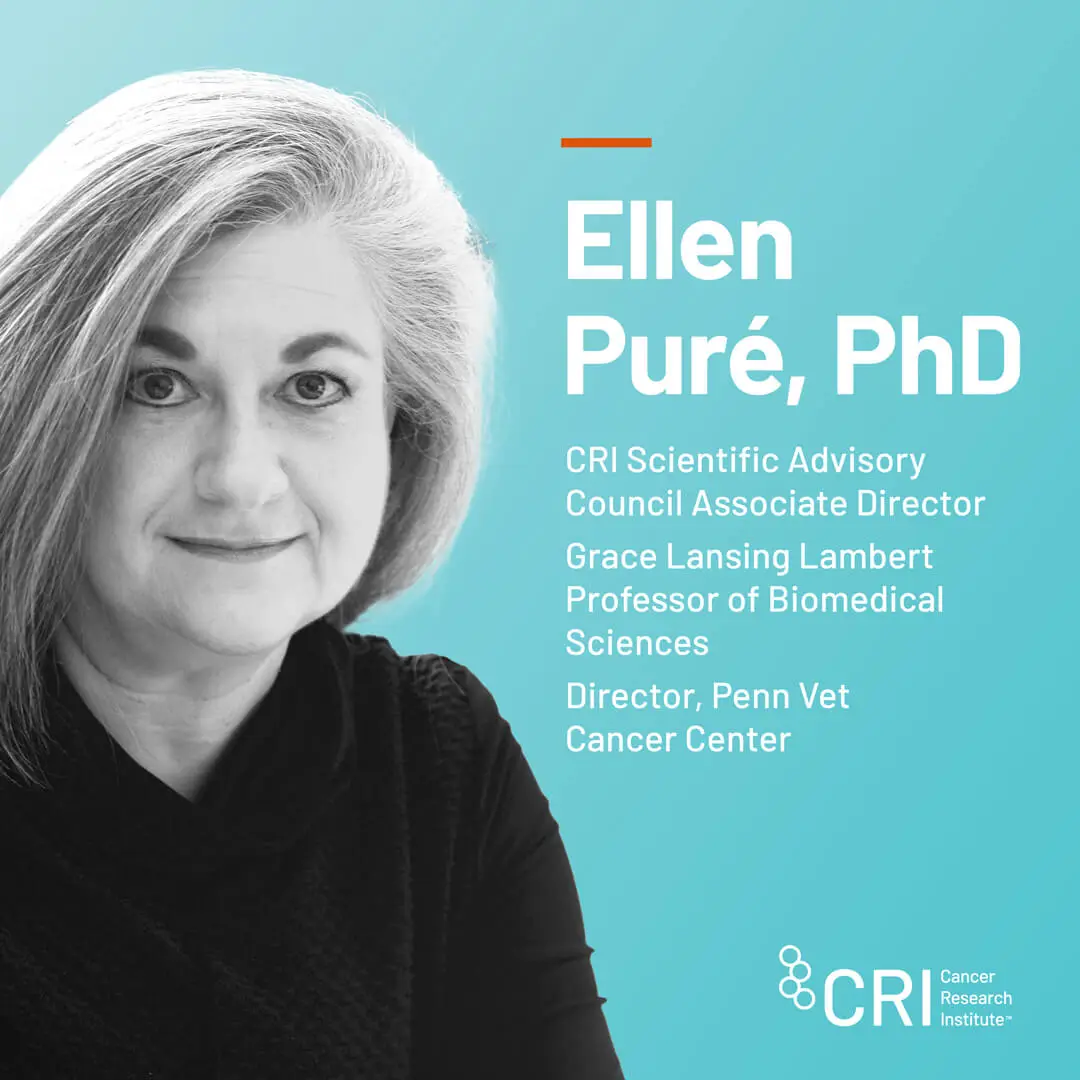What factors influenced your decision to pursue a career in science, and how did you first become interested in this field?
I knew from a very young age that I wanted to make scientific research my life’s work. It was more an awareness of what I needed to do than a conscious choice amongst options-although I gave fleeting consideration to a couple of other options. Early on, I leaned toward chemistry and physics, as biology was more qualitative than quantitative during the early stages of my academic career. But I also was determined to work on chronic diseases with the goal of improving quality of life for many. Luckily, as I was refining my interests, the molecular revolution, including in the area of immunology, took hold which allowed me to go in the direction of my interests and also satisfy my more quantitative nature.
Looking back at your journey, what’s a standout achievement that you’re really proud of in your scientific career?
I have been doing research since 1975 – so nearly half a decade – with my first co-author publication appearing in 1976, and first author paper appearing in 1979, both based on my undergraduate research. What I most appreciate is that I am as excited about the work we are doing today as I was then. It has allowed me to sustain a productive research program for longer than I could have hoped, and hopefully this will continue. This of course was dependent on the talent of those I have worked with, so I consider keeping our team including trainees, and my many outstanding collaborations going long-term, one of my greatest accomplishments. That said, some of the scientific highlights were being part of the teams that discovered prostacyclin during my undergraduate research, the team that discovered IL-4 as a graduate student, our work on the CD44-hyaluronan axis in chronic inflammation and most recently, our work on targeting tumor stroma that we hope will greatly enhance the efficacy of immunotherapy and other modalities in fighting solid cancers.
We’d love to know about a fantastic female mentor you’ve had – someone who’s been a guiding light in your scientific pursuits. Who comes to mind?
Without a doubt, my PhD mentor, Dr. Ellen Vitetta – who also led a successful research program for many decades, becoming Emeritus Professor just earlier this year. For the duration, she led a creative and productive research group and served in many leadership positions.
As a trailblazer, what advice would you offer to aspiring women entering the field, considering your own experiences and success?
My advice would be to tailor your approach to your individual strengths, to take stock of any weaknesses you might have in areas that are required for success in this multifaceted career and work on them. The goal in my opinion is to strive to reach one’s own greatest potential – to do so, I believe, requires continuous evaluation of yourself, of your approach to your science, and the research itself – I myself am still a work in progress. This can help you stay focused on doing the most creative, fundamental, and most potentially impactful science.
